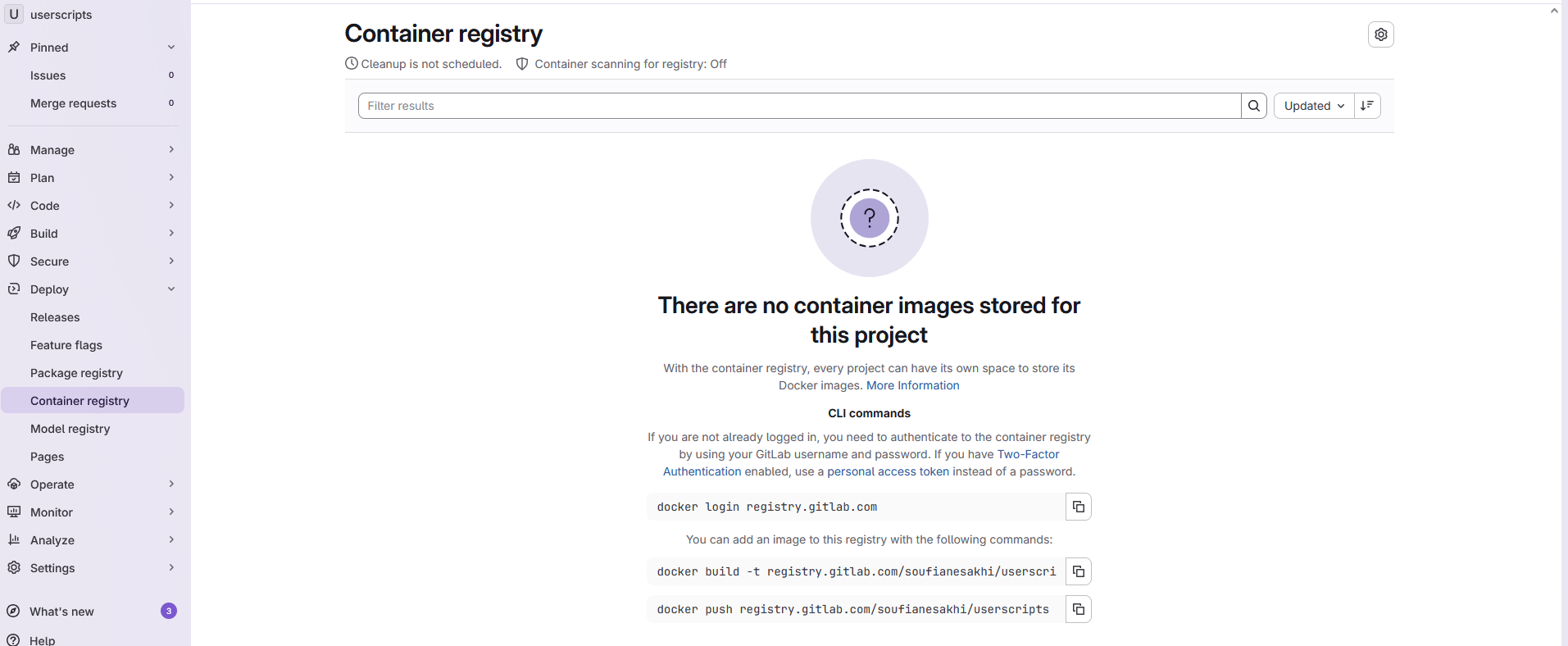Docker Registries You Can Use For Your Private Projects With An Always Free Plan

Docker is an open source tool that simplifies the development and deployment of applications.
With Docker, you can run your applications consistently on any deployment infrastructure using Docker Images, standardized packages that includes all of the files, binaries, libraries, and configurations to run a container.
In order to store and retrieve your Docker Images on demand, A Docker registry (aka repository) is required.
This article will list some Docker registries that can be used by projects with a codebase that is not publicly shared.
If you are looking for a fully integrated Docker container registry with automated build from source code and a complete CI/CD pipeline, GitLab is the answer.
You don't have to host you source code in GitLab to benefit from the docker container registry. Each project is tied to a single container repository.
Getting started
After signing up on GitLab.com, you need to create a project, then navigate to the Container Registry page.

CLI Commands are provided from the same page.
References
Docker Hub is The largest library for public container images. It's also the default registry when using Docker commands (login, push, ...).
The free plan is limited to 1 free private repository. You are also limited by the number of pulls per hour. The pro plan allows to avoid these restrictions.
Getting started
- Sign up from the homepage
- After the mail verification, navigate to https://hub.docker.com/repositories and create a new repository:
- Build your Docker image, log in to the registry, then push this image to Docker Hub using instructions provided from the created repository page.
References
Red Hat Quay.io offers 30-day free trial for private repositories (only for basic plans), with always free unlimited public repositories.
You will need to subscribe to a paid plan, starting from the developer plan for $15.00 per month, to have private repositories.

